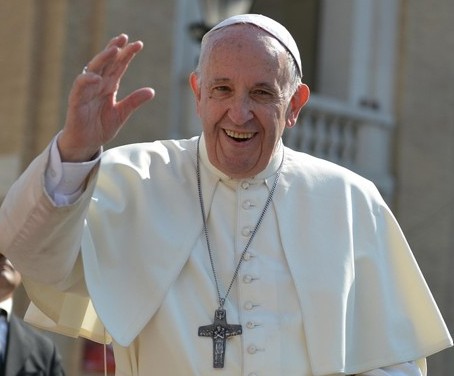Since 2013, 33-year-old Nick McGlashan had been making regular appearances on the Discovery Channel show Deadliest Catch.
The show follows crab fisherman in who take to the tumultuous waters of the Bering Sea during the punishing autumn months of the king crab season. With rough waters and a rushed schedule trying to track down the shrinking crab populations, these fisherman are thought to have one of the deadliest jobs on the planet, but it’s work that Nick McGlashan — a deck boss who had been fishing since the age of 13 — had the skill to do with relative safety.
So when Nick McGlashan died on December 27th, it wasn’t because he lost his footing in a storm or got knocked overboard by a swinging crab pot. He didn’t lose his life on the Bering Sea. He lost his life in the off-season, in a hotel room in Nashville, Tennessee.
McGlashan’s history of drug and alcohol abuse, and the conditions of the hotel room where he was found dead have invited speculation about the cause of his untimely death. But those assumptions are both premature, and not really anyone’s business.
Nick McGlashan, Deadliest Catch Star, Dead at 33 | THR Newswww.youtube.com
Still, the reality of McGlashan’s struggle with addiction points to a broader truth in American society: For many Americans, their is no job more dangerous than being out of a job.
To put that in perspective, we can look at the rate of fatal injuries among the most dangerous jobs in America. At the top of that list is commercial logging. There are nearly 100 fatal injuries per 100,000 logging workers recorded each year. Fishermen like Nick McGlashan are not far behind — with more than 77 fatal injuries per 100,000 workers annually.
If you worked in either of these industries for a 30 year career — all else being equal — you would stand a 2-3% chance of being killed on the job. But even those frightening figures are dwarfed by the rate of so-called “deaths of despair.”
Suicides, drug overdoses, and deaths brought on by alcoholism have seen a steep rise in the US in recent decades — particularly among white men without college degrees — like McGlashan. And the problem has only gotten worse.
Since the 2008-2009 financial collapse, economic conditions have rebounded dramatically for the wealthiest Americans. But for middle-income families the recovery has been slow, and the financial situation for working class Americans has remained far below what it was in 2007.
The result is rampant underemployment and ballooning debt. The result is millions of Americans living under increased strain — and many of them succumbing to despair. The recovery from 2020 will be no better if we don’t address the underlying issues.
Of course it doesn’t help that the for profit healthcare system has pushed skyrocketing insurance and treatment costs and deliberately pushed addictive opioids on the millions of Americans who struggle with chronic pain — often connected to the kind of physical and repetitive work that is referred to as “unskilled” labor. And considering the way our culture loves to attribute all economic success or failure to personal character, is it any wonder that the mortality rate is so much higher among unemployed Americans?
The latest statistics on these issues predate the impact of the COVID-19 lockdown, and the unprecedented layoffs that resulted. But even prior to that latest indignity, the rate of deaths of despair among white Americans without a college degree was in excess of 120 per 100,000 people — well above the fatality rate of even the most dangerous jobs. The rate for Black Americans with the same education level is not far behind — and climbing even more rapidly.
Whether or not Nick McGlashan’s tragic death belongs with these statistics, the fact remains that deaths of despair are quietly happening all over America.
But what is the solution? There was no choice but to shut down large portions of the economy in order to minimize the spread of a deadly pandemic. Were deaths of despair the inevitable consequence?
Sadly, this tragic aspect of 2020’s seemingly endless supply of tragedy could have been avoided. A 2012 study of mortality rates in Germany and the US showed that the relationship between unemployment and mortality was not nearly as high in Germany.
In a 2017 episode of Deadliest Catch Nick McGlashan was visibly ill, and talked about fleeing a hospital after receiving worrying news about his blood work. Was he scared for his health, or scared that he wouldn’t be able to afford whatever treatment he might have needed?
Is This Fisherman Hiding A Very Serious Illness?www.youtube.com
A country with a more robust social safety net — where people are not so relentlessly shamed for collecting government benefits, and where losing your job doesn’t mean losing your healthcare — can prevent deaths of despair. If the wealthy and those with political power cared to support the working class people of this country, we could have more seriously locked down back in March to prevent hundreds of thousands of deaths from the coronavirus.
We could have provided regular payments and universal healthcare to save millions more from being crushed by economic conditions. Instead, “leaders” like Mitch McConnell are currently blocking efforts to help those who are struggling most — who need more than $600 to survive nine months of this protracted, half-hearted, and ineffective lockdown — because it might mean higher taxes for billionaires down the line.
All the while Americans are losing their homes, their livelihoods, and their lives.













